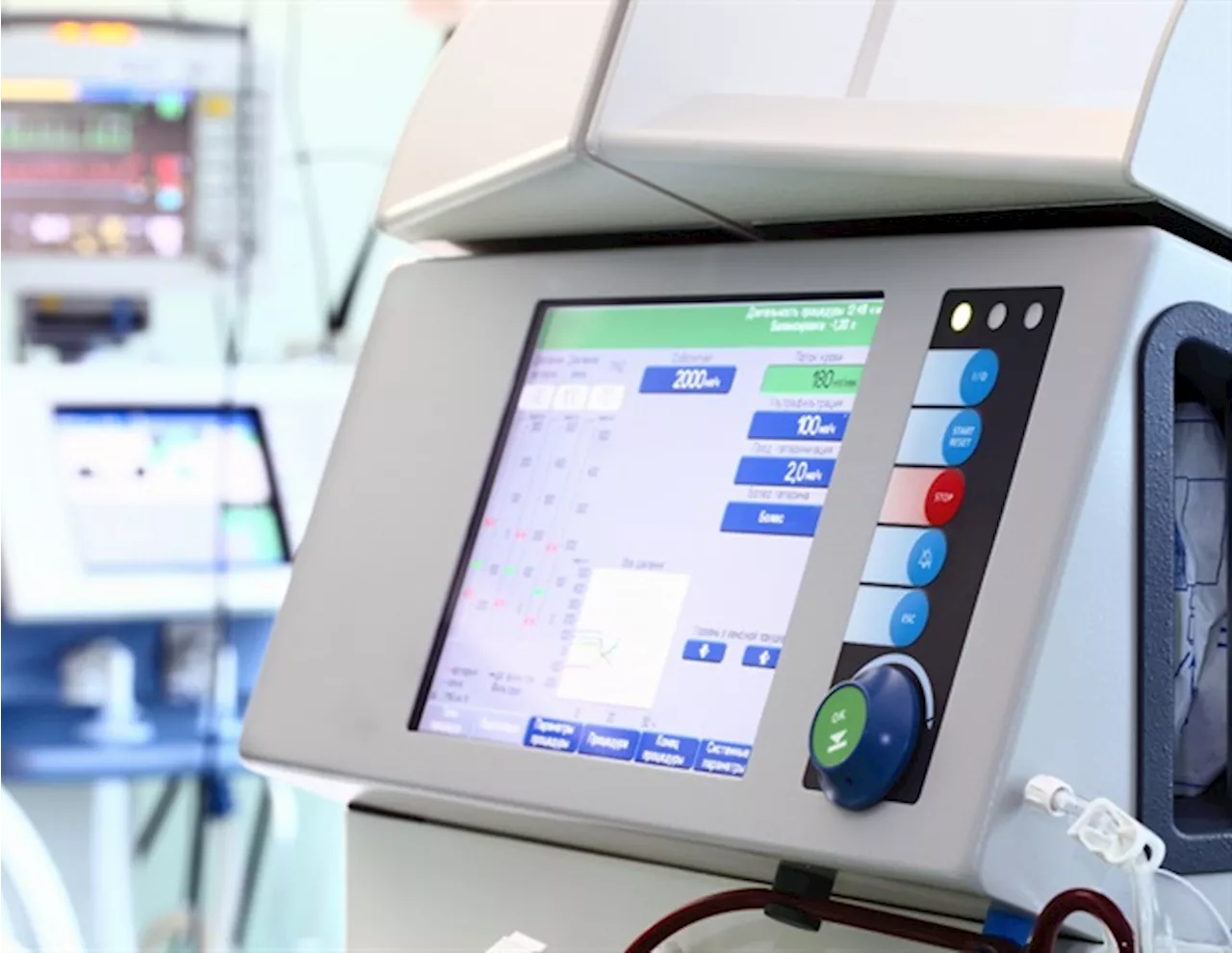When Lyft driver Tramaine Carr transports seniors and sick patients to hospitals in Atlanta, she feels like both a friend and a social worker.
KFF Health NewsOct 17 2024
Rural hospital closures in Georgia have meant people battling cancer and other serious illnesses must now commute two or more hours to treatment facilities in Atlanta, said Bryan Miller, director of psychosocial support services at the Atlanta Cancer Care Foundation, a medical practice offshoot that seeks to alleviate financial burdens for cancer patients and their families.
Lyft also has a health care division, offering programs such as Lyft Assisted and Lyft Concierge to coordinate rides for patients. The estimated total federal and state investment in nonemergency medical transportation was approximately $5 billion in 2019, according to a study by the Texas A&M University Transportation Institute.
Related StoriesThe fact that Uber and Lyft are harder to come by in rural America compounds the lack of medical access in those areas. "When you move to rural areas — which you could argue have a higher need — you see fewer services," Chaiyachati said. But instead of all of that, argued Timothy Crimmins, a history professor emeritus at Georgia State University and a former director of the school's neighborhood-studies center, the best solution would be for Georgia to expand Medicaid, so more rural hospitals would be able to remain open and Georgians could seek medical care close to home.
Dialysis Health Care Hospital Kidney Medicaid Medicare Physical Therapy Research Seniors Wheelchair
United Kingdom Latest News, United Kingdom Headlines
Similar News:You can also read news stories similar to this one that we have collected from other news sources.
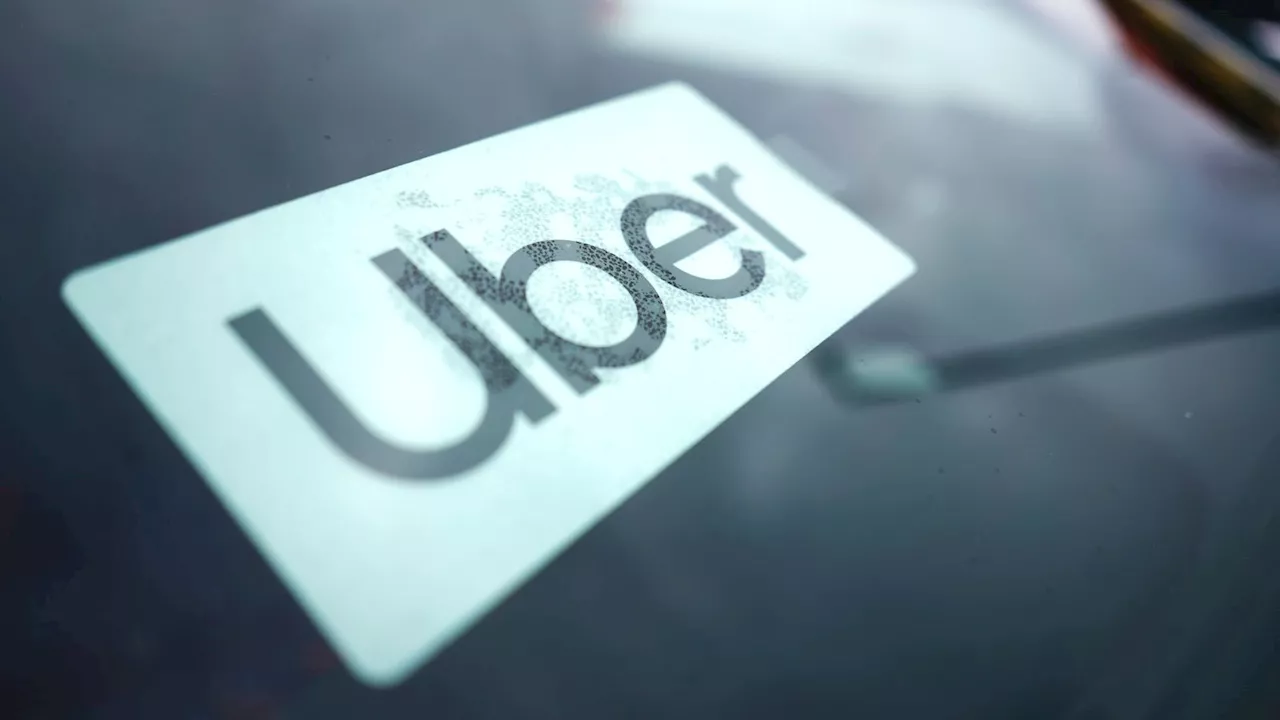 Couple hurt in Uber crash can't sue as 'daughter agreed to Uber Eats terms'The couple said they are 'horrified' by the decision - and this may not be the end of the legal fight.
Couple hurt in Uber crash can't sue as 'daughter agreed to Uber Eats terms'The couple said they are 'horrified' by the decision - and this may not be the end of the legal fight.
Read more »
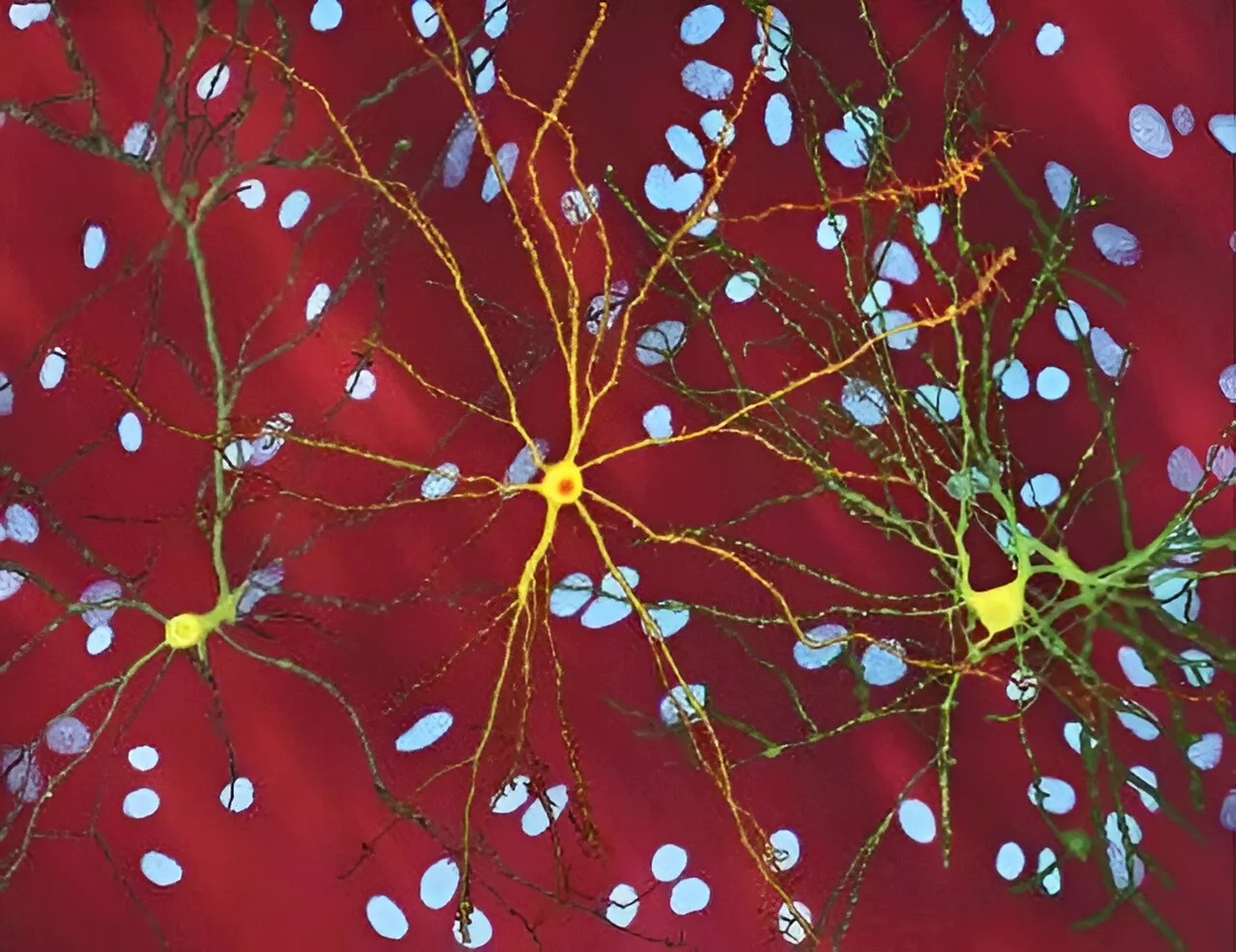 Researchers discover what hinders DNA repair in patients with Huntington diseaseResearchers with McMaster University have discovered that the protein mutated in patients with Huntington disease doesn't repair DNA as intended, impacting the ability of brain cells to heal themselves.
Researchers discover what hinders DNA repair in patients with Huntington diseaseResearchers with McMaster University have discovered that the protein mutated in patients with Huntington disease doesn't repair DNA as intended, impacting the ability of brain cells to heal themselves.
Read more »
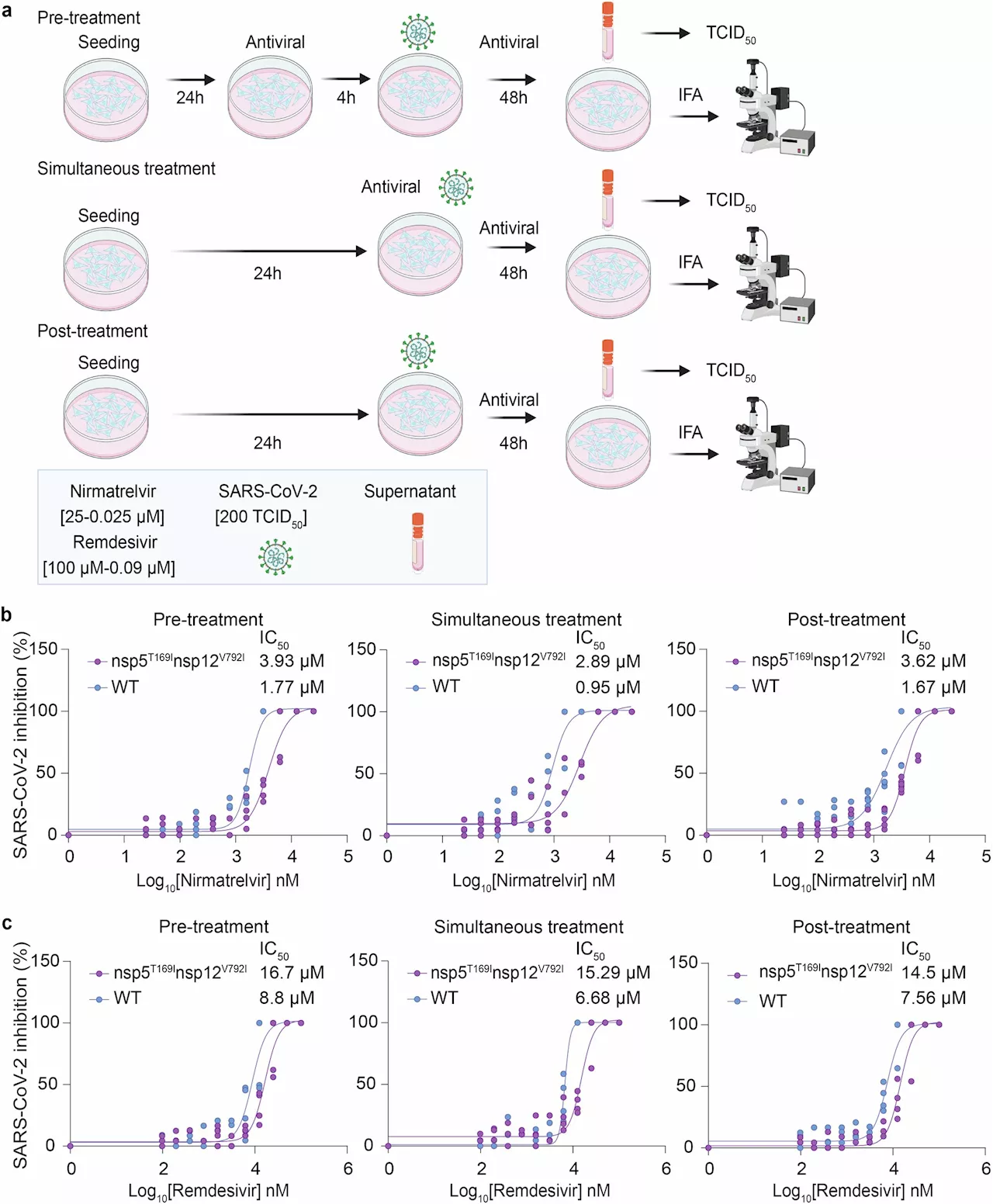 Two studies find SARS-CoV-2 virus becoming resistant to antiviral drugs used to treat patientsTwo studies have found that the virus that causes COVID-19 is becoming resistant to two drugs used to treat patients with infections.
Two studies find SARS-CoV-2 virus becoming resistant to antiviral drugs used to treat patientsTwo studies have found that the virus that causes COVID-19 is becoming resistant to two drugs used to treat patients with infections.
Read more »
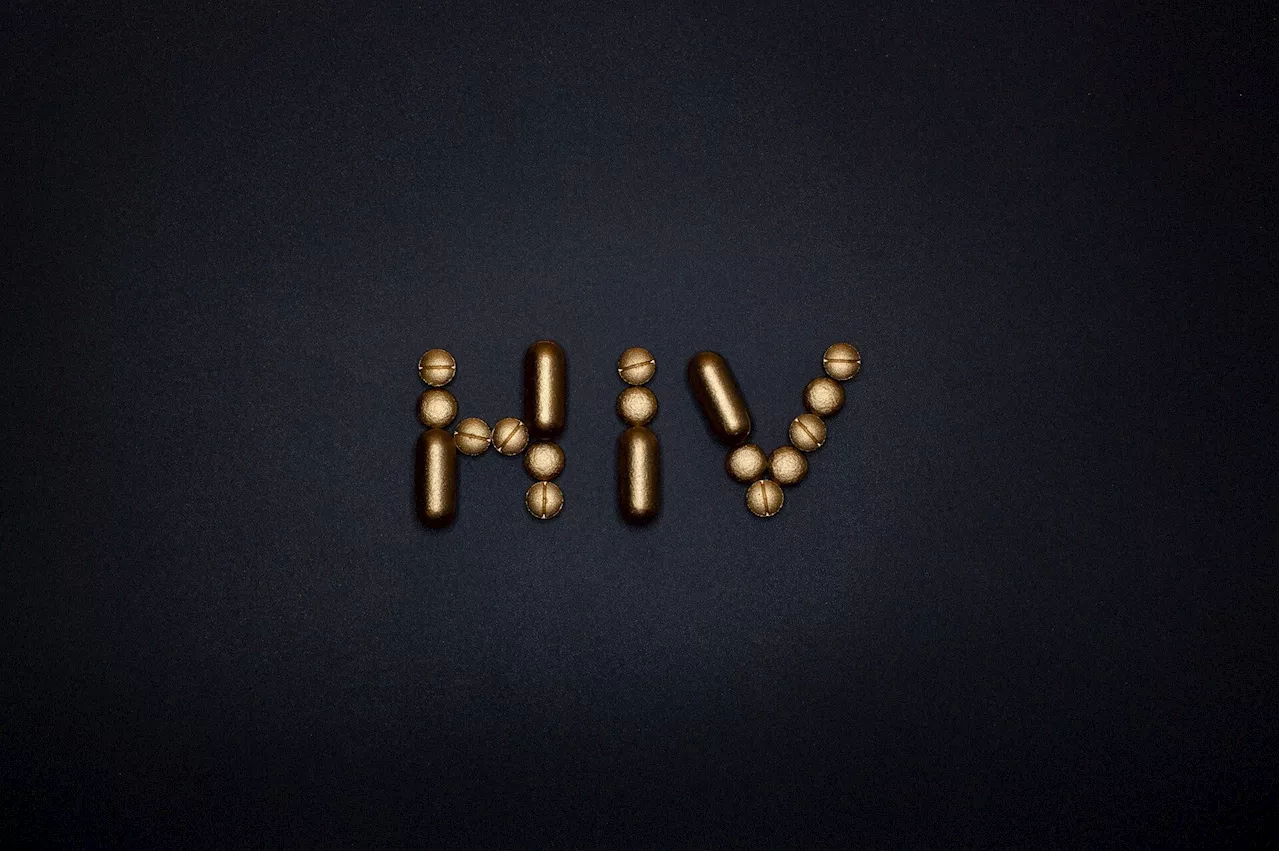 'Undetectable' HIV patients could hold key to treatmentsA rare group of HIV-positive people who maintain undetectable levels of the virus in their blood without medication could hold the key to new therapies for others living with the disease, says a leading genome expert.
'Undetectable' HIV patients could hold key to treatmentsA rare group of HIV-positive people who maintain undetectable levels of the virus in their blood without medication could hold the key to new therapies for others living with the disease, says a leading genome expert.
Read more »
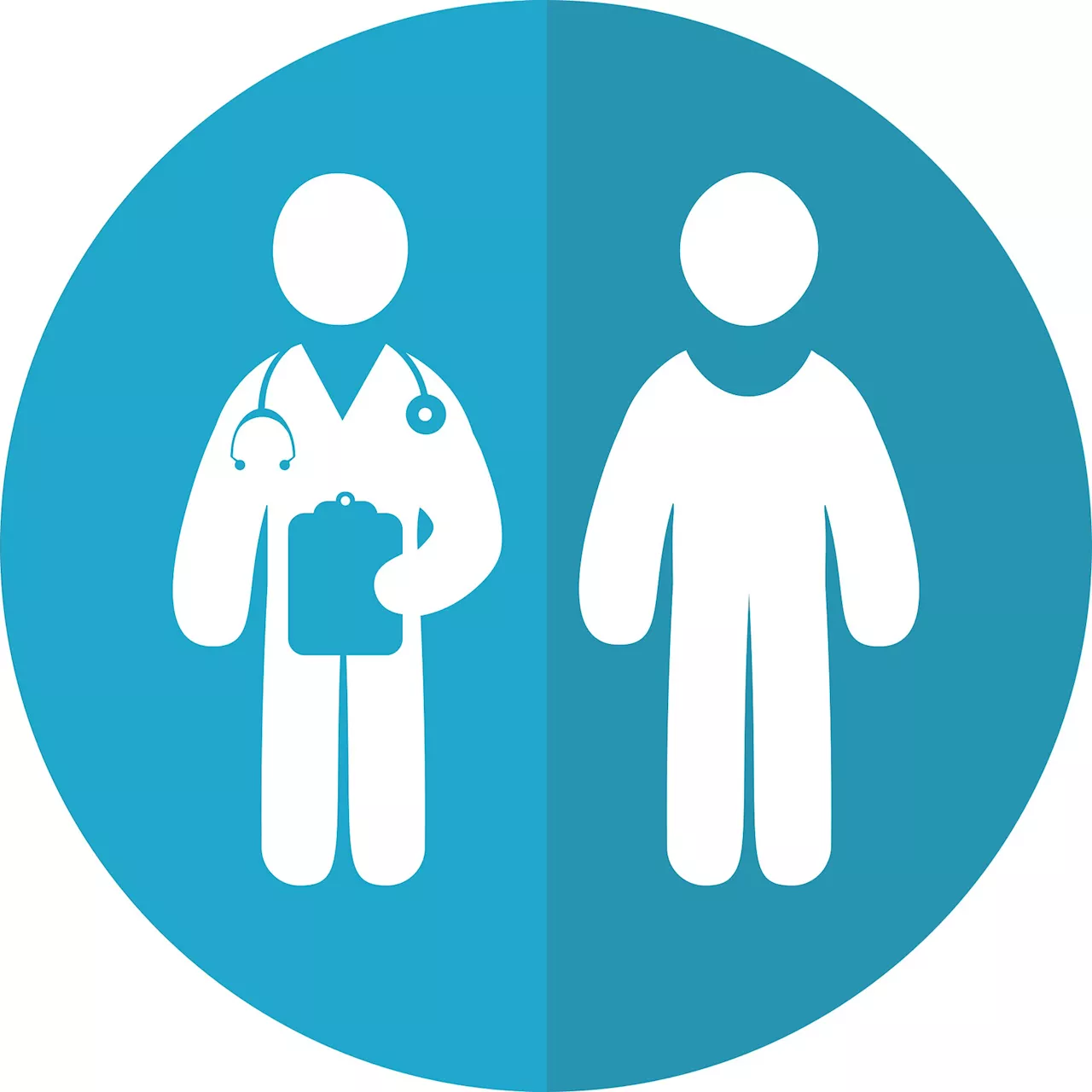 Spiritual themes, distrust may factor into Black patients' reluctance to participate in cancer clinical trialsSpiritual beliefs and a historically-based distrust of clinical research may factor into Black patients' decisions about whether to participate in cancer trials, according to surveys of patients treated at two Baltimore medical centers. Findings were presented at the American Society for Radiation Oncology (ASTRO) Annual Meeting.
Spiritual themes, distrust may factor into Black patients' reluctance to participate in cancer clinical trialsSpiritual beliefs and a historically-based distrust of clinical research may factor into Black patients' decisions about whether to participate in cancer trials, according to surveys of patients treated at two Baltimore medical centers. Findings were presented at the American Society for Radiation Oncology (ASTRO) Annual Meeting.
Read more »
 Socioeconomic disadvantage predicts poorer outcomes for heart transplant patientsHeart transplant patients who live in socioeconomically disadvantaged areas are more likely to experience post-surgical complications and die within five years than patients who live in more advantaged areas, even when those patients were transplanted at topnotch high-volume hospitals, new UCLA research suggests.
Socioeconomic disadvantage predicts poorer outcomes for heart transplant patientsHeart transplant patients who live in socioeconomically disadvantaged areas are more likely to experience post-surgical complications and die within five years than patients who live in more advantaged areas, even when those patients were transplanted at topnotch high-volume hospitals, new UCLA research suggests.
Read more »
